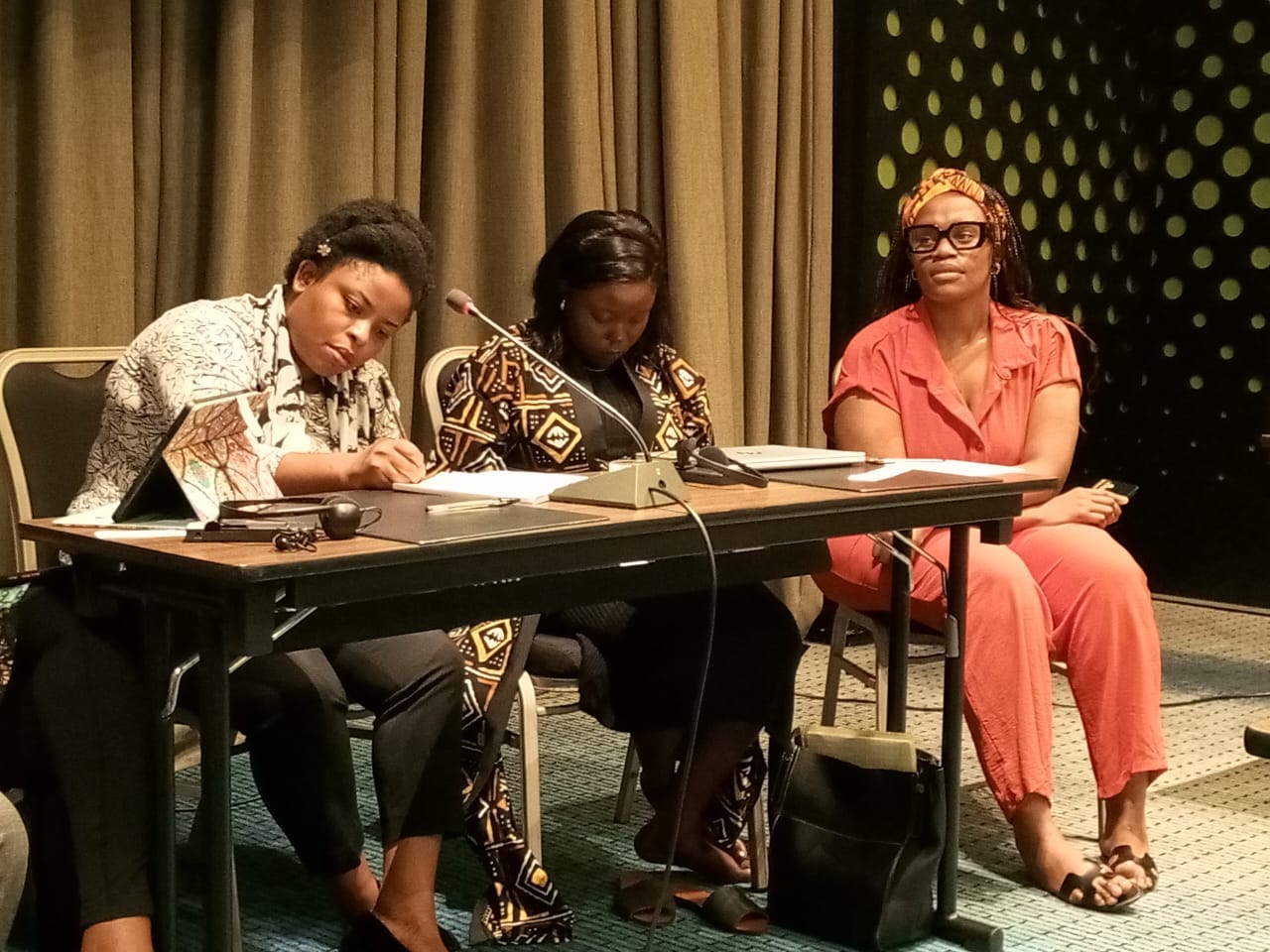Action Aid Malawi's ED Calls for Gender-Responsive Debt Solutions at African Conference
Chipeta's address underscored the interconnected nature of debt, public services, and gender equality.
MAPUTO, Mozambique— Action Aid Malawi's Executive Director, Yandura Chipeta, urged African governments to prioritize gender-responsive public services and challenge international financial prescriptions during a passionate speech at the 4th African Conference on Debt and Development (AfCoDD IV) on Thursday, writes Winston Mwale.
Speaking at a session focused on Pan-African Feminist and Youth Perspectives, Chipeta highlighted how debt servicing is crowding out funding for crucial public services, particularly education, and increasing the care burden on women and girls.
"We need sustainable financing for gender-responsive public services, including education," Chipeta emphasized.
She called for a restructuring of tax systems to generate progressive revenue, enabling governments to fund accessible and quality education services.
Chipeta stressed the importance of tackling aggressive tax avoidance by multinational corporations to raise adequate revenue.
This approach, she argued, would allow for improved school infrastructure, teacher recruitment, and capacity building for learners.
The activist drew attention to the often-overlooked area of early childhood education.
"Some African countries recognize pre-primary education, but others haven't made efforts to reduce the care burden on mothers and girls in communities," Chipeta said.
She advocated for government investment in pre-primary facilities to enable women to engage in productive activities.
Chipeta also emphasized the need for gender-sensitive budgeting in education.
"We need to scrutinize budgets and engage with governments to ensure the needs of women and girls are met through public sector budgets, particularly in education," she stated.
A key point in Chipeta's speech was the call to challenge prescriptions from international financial institutions.
She reminded the audience that before structural adjustment programs, many African countries were welfare states that recognized the importance of social reproduction and care labor in economic growth.
"We need to go back to our Ubuntu," Chipeta urged, highlighting the necessity for economic systems that align with African needs and cultures.
She called for pushback against global north prescriptions that may not suit African contexts.
The activist's speech resonated with the conference's theme of exploring alternatives to Africa's debt crisis.
By linking debt management to gender equity and culturally appropriate economic policies, Chipeta presented a holistic approach to addressing Africa's financial challenges.
Chipeta's address underscored the interconnected nature of debt, public services, and gender equality.
Her call for sustainable financing, progressive taxation, and gender-responsive budgeting offered concrete steps towards mitigating the disproportionate impact of debt on women and girls.
As the conference continues, Chipeta's speech is likely to fuel further discussions on how African nations can balance debt management with crucial investments in education and other public services that promote gender equality and economic growth.
The 4th African Conference on Debt and Development, running from August 28-30 in Maputo, brings together policymakers, activists, and economists to explore pan-African perspectives on the continent's debt crisis and develop alternative solutions.




